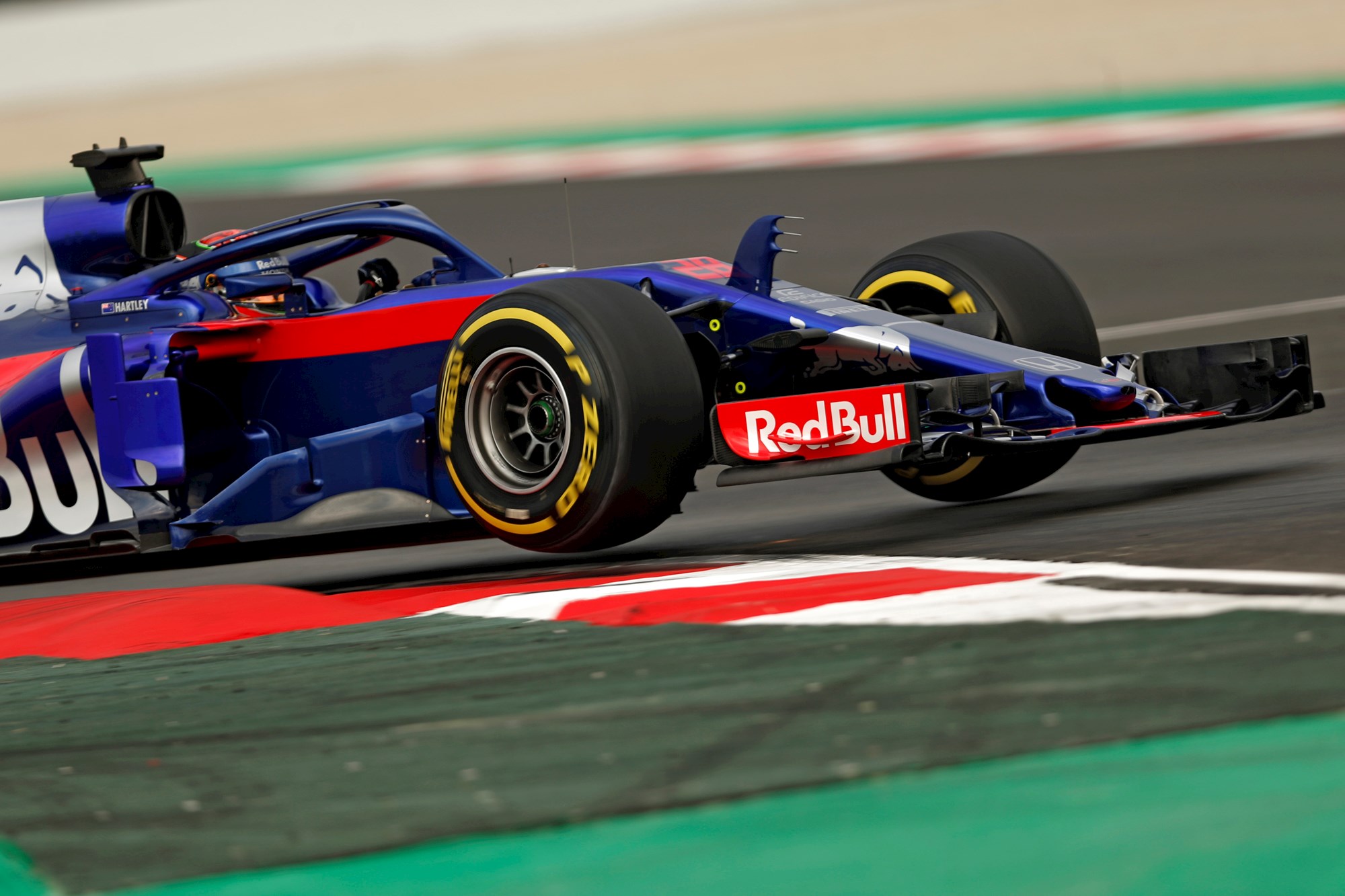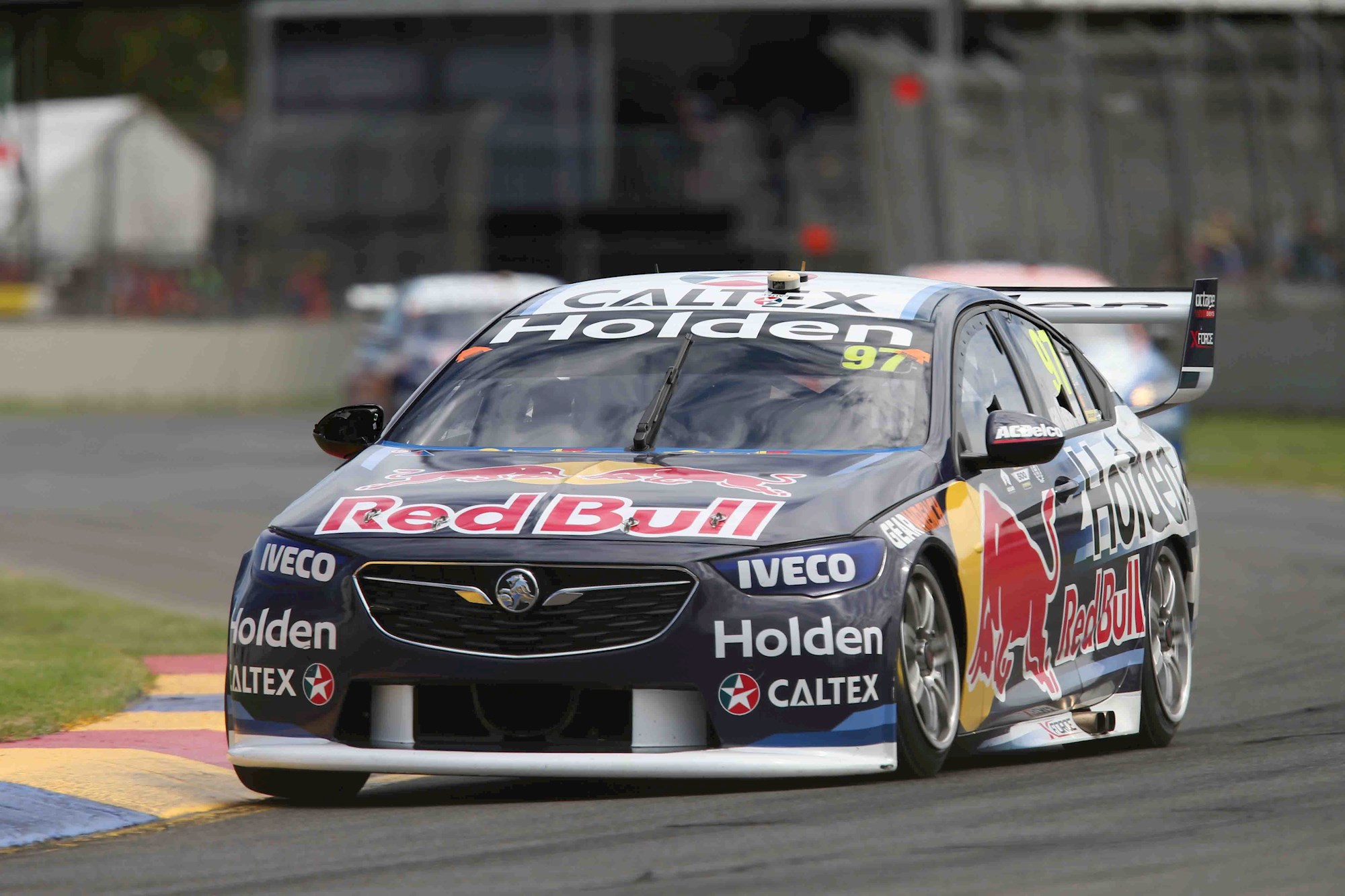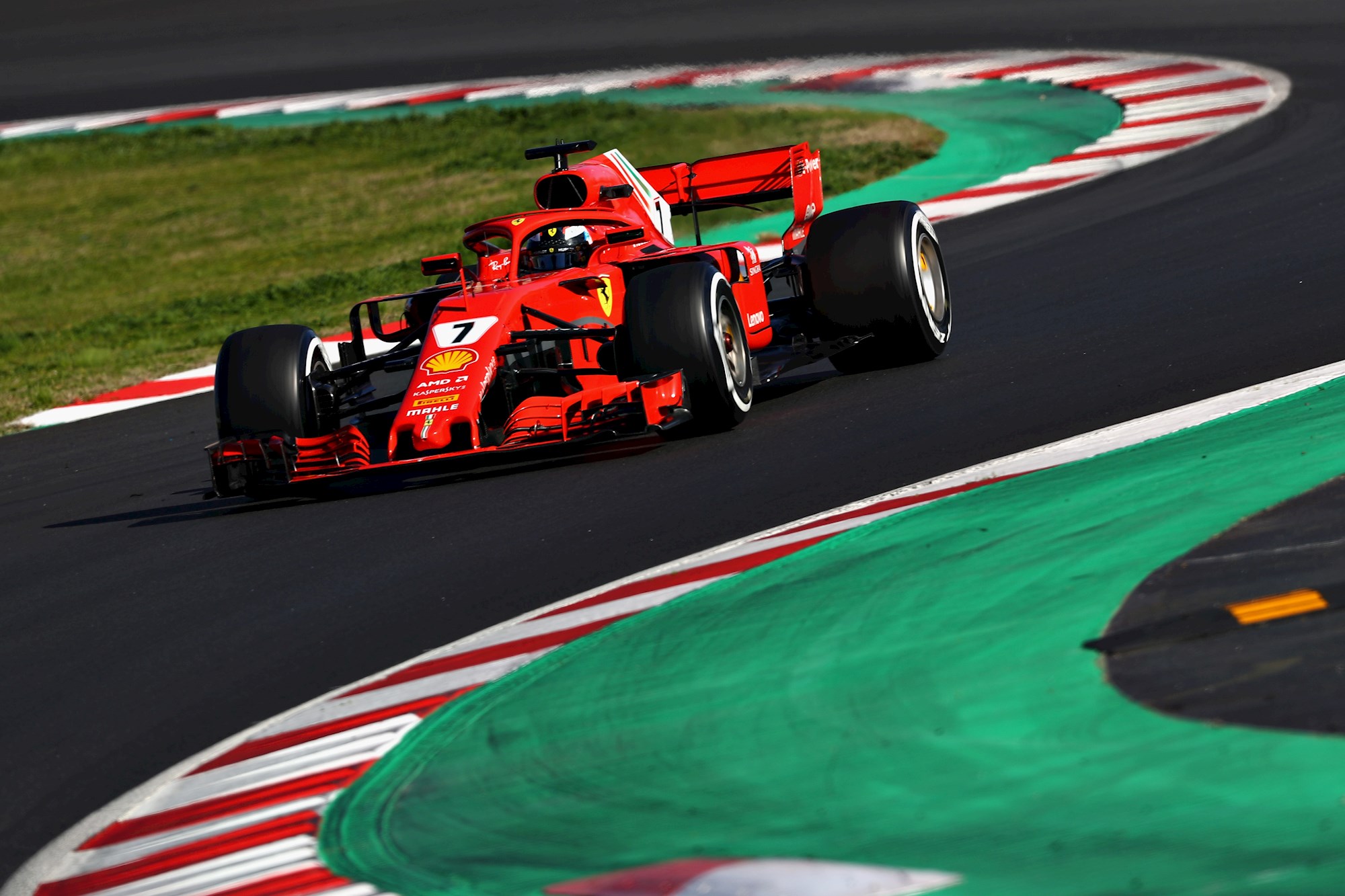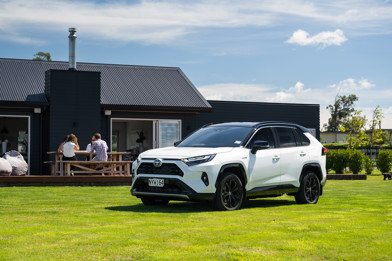The general consensus of Formula 1 commentators and team principals is that F1 as a sport, a business, entertainment, even an industry, is at a major crossroads.
The crossroads is clearly in view on the great sat nav of the sports’ owner, Liberty Media, and the sat nav is yelling at those whose job it is to steer the billion-dollar leviathan, in German, Italian, French and English.
For that read Mercedes, Ferrari, Renault and then the rest.
That crossroads is going to be one of the most difficult navigational tasks Liberty has faced since it took the business on.
The sport is essentially looking for an identity. Is it the leading edge of technology or is it entertainment? Must it be seen to be relevant to any and all new motive systems or should it revert to being the noisy, brash, plain old “racing” sport that made it so hugely popular in the first place?

Liberty Media is clearly in a battle as it seeks to make the power units simpler and cheaper but the major manufacturers do not want to follow this path.
So, how technologically advanced should Formula 1 be to satisfy the manufacturers, as they try to prove the systems they are developing for their road cars, and at the same time attract the fans?
Do we, the fans, care that we are watching advanced technology encapsulated under a cloak of sponsors’ names?
I think I can safely say “no, we do not”.
Modern systems and motive power developments are evolving too fast to be written into the rules of the sport and at the same time be available to all teams, including those not allied to a manufacturer — so if that path is followed to its logical conclusion, will the sport end up with autonomous cars, piloted from computer consoles around the world and powered solely by electricity generated by solar panels on the vehicle?
While all these committees, technical working groups and advisers sit around thinking about the direction of the sport, they may want to sit back for a few hours and watch a recording of the Australian Supercars event at Adelaide last week.

An crowd estimated at a capacity 300,000 over the weekend was treated to an almost non-stop on-track festival of motorsport, culminating each day with some of the best racing one could wish to see,
Supercars provide entertainment, pure racing, excitement, unpredictable outcomes and a level of skill that keeps the fans on the edge of their seats until the end.
Add to that a venue that demands the highest skill levels from drivers and you have what Formula 1 desperately needs. Racing and entertainment wrapped up in one fascinating bundle.
If I had read my own words 20 years ago I would have burnt myself at the stake and accused myself of being a sporting heretic.
There was nothing more exciting than Formula 1, nothing more entertaining, nothing else worth watching.
Grand Prix racing is still my first love, but I find on more and more occasions I tire of the constant fiddling with things that seem to make no difference to on-track performance, the latest being the commissioning of an Emmy award winning composer to come up with the new F1 theme tune.

I know Supercars is called by some a “one-make series” but with the closing convergence of the regulations, Formula 1 is almost at that point now, with different engines from just four manufacturers and each team making its own chassis but within such strict design parameters they all end up following a similar path.
What Supercars has is close racing all the way through the field, something that is lacking at the sport’s flagship formula.
I admit, I sat through the weekend’s worth of Supercars racing and was enthralled.
It was what I want racing to be, and what I hope F1 will be again.




